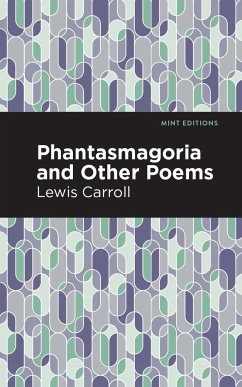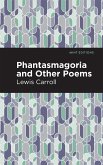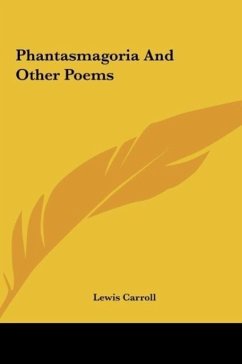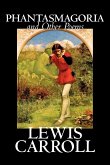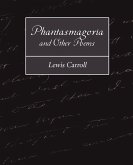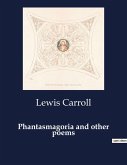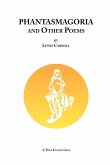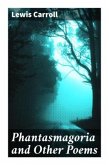When Tibbets questions the ghost that has started to haunt him, he learns all about the rules and realities of the realm after death. Featuring sixteen of Lewis Carroll's whimsical poems, Phantasmagoria and Other Poems explore love, pests, and the supernatural. This collection of the critically acclaimed poetry of Lewis Carroll encourages imagination and wit as its whimsical and adventurous poems provide an accessible experience for all readers.
